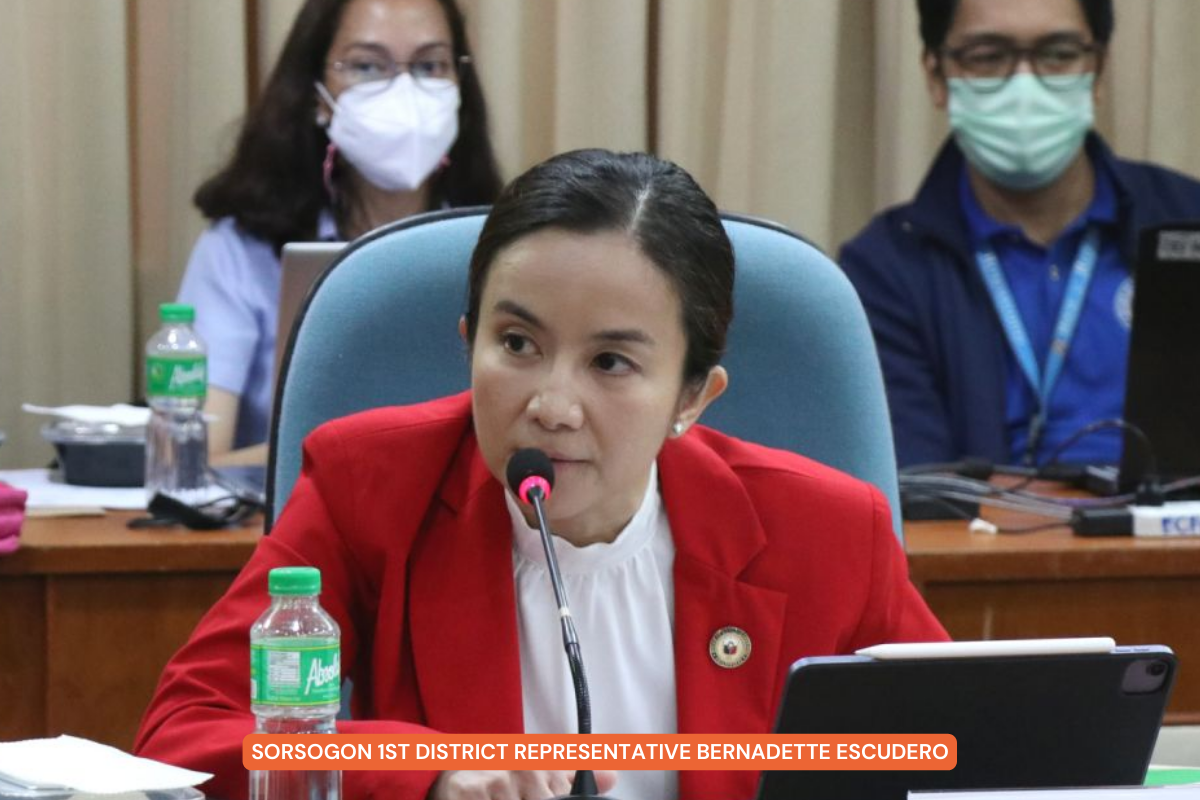CHED, TESDA SIGN AGREEMENT FOR A WELL-COORDINATED EDUCATION SYSTEM
THE COMMISSION on Higher Education and the Technical Education and Skills Development Authority have signed a landmark agreement following the recommendations of the Second Congressional Commission on Education (EDCOM 2).
The agreement pilots the establishment of a unified body to align curricula for priority industries identified by EDCOM 2, marking a key step toward a well-coordinated education system that ensures quality education for students and the workforce.
Currently, CHED and TESDA operate separate bodies under their respective charters: Technical Panels and Industry Boards.
“Today marks a significant milestone in our journey toward a truly integrated and future-ready Philippine education system,” said EDCOM 2 Executive Director Dr. Karol Mark Yee.
“These agreements are the culmination of intensive collaboration and strategic foresight, directly reflecting EDCOM 2’s call to build a ‘working’ education system, with CHED and TESDA collaborating closely to ensure relevant and responsive programs for our students. This represents a foundational first step for our education sector, thanks to the leadership of Director General Benitez and Chairperson Agrupis.”
CHED and TESDA formalized their commitment to align educational standards through the execution of a Joint Memorandum Circular (JMC).
The JMC sets guidelines for the creation of a Board for Curriculum Standards and Discipline and Sector Skills Councils for priority industry clusters identified by EDCOM 2: Advanced Manufacturing, Digital Technology, Healthcare, Financial Services, Tourism, and the Creative Economy.
These clusters were highlighted during the Final Steering Committee Meeting for the Workforce Development National Plan, as EDCOM 2’s research found that they have strong potential to drive economic growth but are hampered by workforce supply gaps and persistent skills mismatches.
The JMC directly addresses these challenges by modernizing, harmonizing, and rationalizing higher education curricula and technical-vocational training regulations.
Under this partnership, the unified bodies will jointly develop five-year industry roadmaps, contribute to the Philippine Skills Frameworks, and create ladderized pathways that bridge TVET and higher education programs.
This approach ensures seamless postsecondary pathways, allowing learners to pursue education and training without disruption.
CHED Chairperson Shirley C. Agrupis noted that previous EDCOM 2 reports have highlighted the critical need for improved coordination among government agencies to achieve meaningful education reform.














